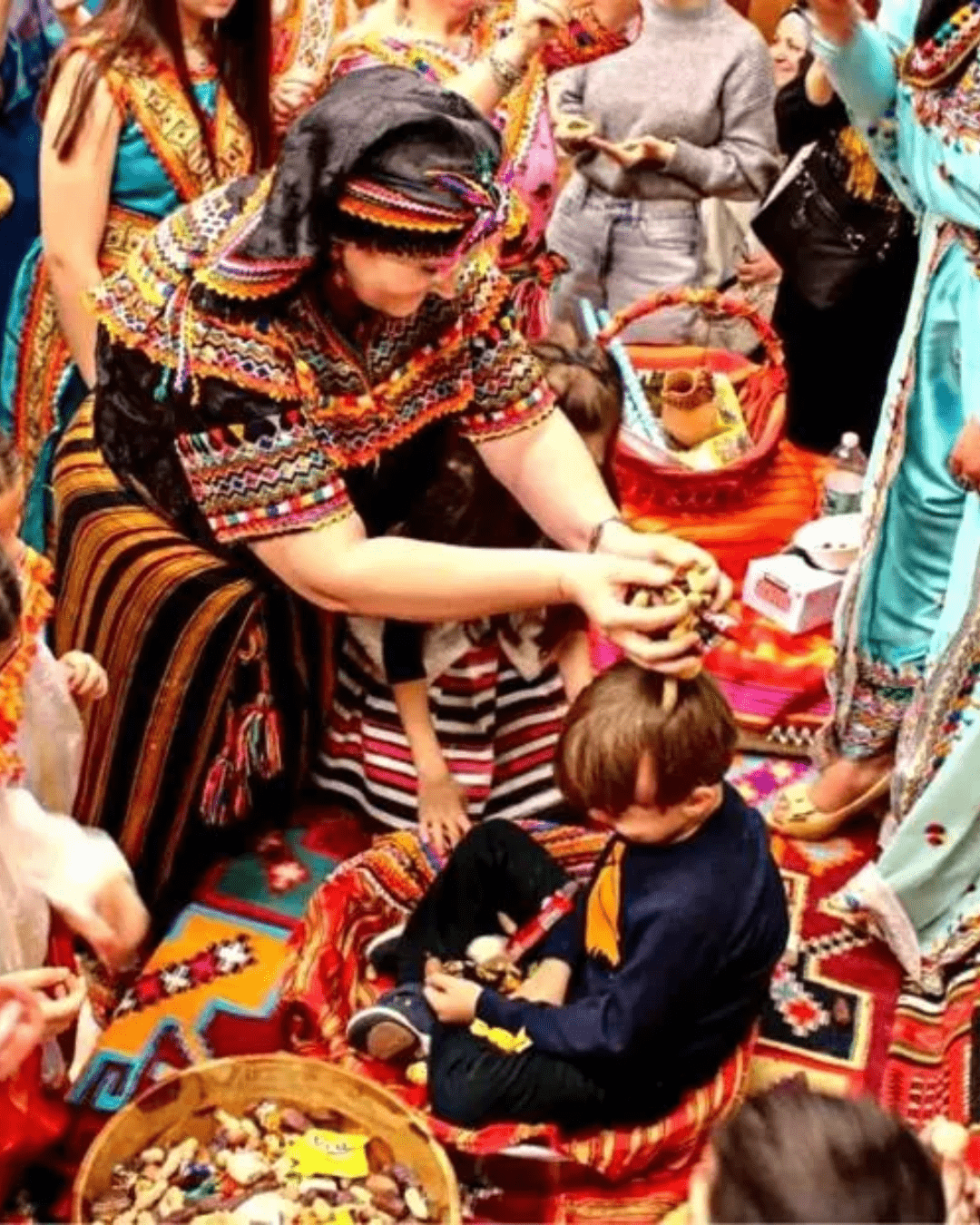Article: Beyond Borders: Discovering the Indigenous Peoples of Mexico
Beyond Borders: Discovering the Indigenous Peoples of Mexico

Mexico, a land rich in history and culture, is home to an incredible diversity of Indigenous Peoples. They are not just remnants of the past; they are a vibrant and essential part of the country's social fabric. Approximately 19.4% of the Mexican population, or 23.2 million people, self-identify as Indigenous. In fact, Mexico has the largest Indigenous population in the Americas.
-
A Mosaic of Languages and Cultures:
With 68 distinct Indigenous Peoples, each speaking their own native language, Mexico is a treasure trove of cultural diversity. These languages are further divided into 364 variants or dialects. Around 7.1 million people speak an Indigenous language. Nahuatl and Mayan are the most widely spoken.
-
Challenges and Rights:
Unfortunately, despite Mexico's recognition as a pluricultural nation and the adoption of the UN Declaration on the Rights of Indigenous Peoples, Indigenous populations face numerous challenges.
-
Lack of Recognition and Consultation:
A major challenge is the lack of recognition and proper consultation when decisions affect their rights and territories. This is particularly concerning with natural resource extraction projects. There is an alarming 99% impunity rate in cases of human rights violations that affect Indigenous Peoples.
-
-
Violence and Threats: Many Indigenous activists defending their rights and lands face violence. Mexico ranks as one of the world's most dangerous countries for human rights defenders, especially those involved in Indigenous and environmental causes.
-
Exploitation and Land Loss: Indigenous territories often suffer from the overexploitation of natural resources by transnational corporations.... Logging, mining, and other projects negatively impact the environment and livelihoods of these communities. There is also a loss of traditional territories, evictions from their lands, and depletion of resources necessary for their physical and cultural subsistence.
-
Impact of COVID-19: Indigenous communities were disproportionately affected by the COVID-19 pandemic. Due to marginalization, discrimination, and lack of access to health services, they became one of the most vulnerable sectors.
-
-
Struggles and Autonomy: Despite these challenges, Indigenous Peoples are organizing and resisting.
-
-
EZLN and CNI: The Zapatista National Liberation Army (EZLN) and the National Indigenous Congress (CNI) have implemented autonomous Indigenous governments in several states.
-
Defense of their Territory: Indigenous organizations are actively fighting to defend their lands against exploitation. They argue that nature has intrinsic value that goes beyond mere capitalist exploitation. Communities like Cherán and Tosepan Titaniske are examples of this resistance.
-
-
Advances and Reforms:
-
-
Mining Law of 2023: The reform of the Mining Law in May 2023 sets out measures to protect the territories of Indigenous and Afro-Mexican peoples19. This includes mandatory consultations before granting mining concessions.
-
-
-
Presidential Decree: In 2023, the Mexican President signed a decree to protect the sacred sites and pilgrimage routes of the Wixárika, Náayeri, O'dam and Mexikan Indigenous Peoples.
-
The Importance of Indigenous Knowledge
The knowledge of Indigenous Peoples about their environment is invaluable. They have a deep understanding of natural resources and conservation practices that can inform our efforts towards sustainability. It is essential to recognize that their worldview goes beyond the capitalist perspective of natural resource exploitation.
What Can Be Done?
It is vital to recognize the important contributions of Indigenous Peoples in Mexico and to advocate for their rights. By being informed and supporting organizations working for their rights, we can all contribute to building a world where diversity is valued and justice is accessible to all. It is important to respect their unique connections to their lands and cultures.
To learn more, please see the following resources:
IWGIA's annual report The Indigenous World.
Together, we can shed light on the stories and struggles of Indigenous peoples, fostering greater understanding and respect for their essential role in our world.

